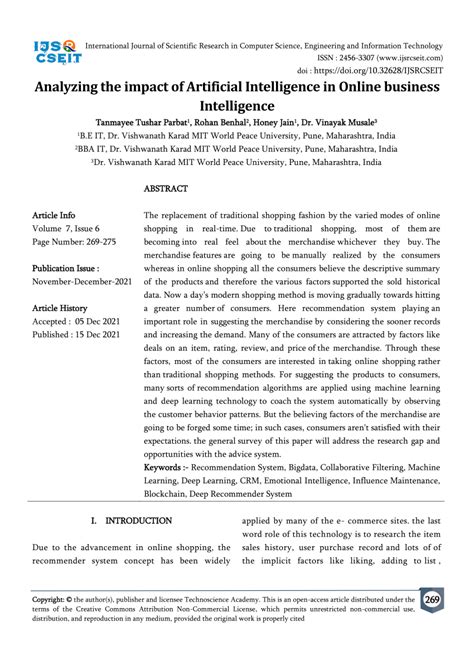As artificial intelligence (AI) continues to revolutionize various industries, its impact on research and documentation cannot be overlooked. The user comments on Elicit – an AI Research Assistant, provide valuable insights into the evolving dynamics of utilizing AI in academic endeavors.
While some users express enthusiasm about how tools like Elicit can streamline literature overviews and exploration of new academic domains, others raise valid concerns. The shift towards mechanized research can potentially detract from the essence of scientific curiosity, making academia feel more like a component of a machine rather than a pursuit of knowledge.
One prevalent theme in the comments is the debate around the implications of AI on the verbosity of documents, such as patents and academic publications. The prospect of AI-generated content potentially devaluing the human effort in text creation raises questions about the future landscape of information processing and the emphasis on concise, valuable output.
Moreover, the discussions touch upon the challenges of maintaining information accuracy and navigating the nuances of AI-generated content. The balance between human intervention for verification and the efficiency of AI in synthesizing data becomes a pivotal aspect in leveraging these tools effectively.
Concerns about AI tools leading to information overload, potential inaccuracies, and the blurring of lines between genuine understanding and superficial knowledge highlight the complexities of integrating AI into research workflows. The quest for enhanced information retrieval and processing capabilities must align with the imperative of maintaining quality standards in academic and scientific outputs.
The user comments shed light on the intricate relationship between AI technologies and the scholarly domain, emphasizing the need for ethical considerations, transparency in sourcing information, and the critical evaluation of AI-generated content. The evolving landscape of AI in research and documentation warrants a nuanced approach that blends technological advancements with human expertise.
Ultimately, the insights gleaned from user experiences with AI research assistants like Elicit prompt a deeper reflection on the implications, challenges, and opportunities presented by the intersection of AI and academia. As the quest for knowledge continues to evolve, striking a delicate balance between technological innovation and scholarly integrity remains essential in shaping the future of research and documentation.


Leave a Reply